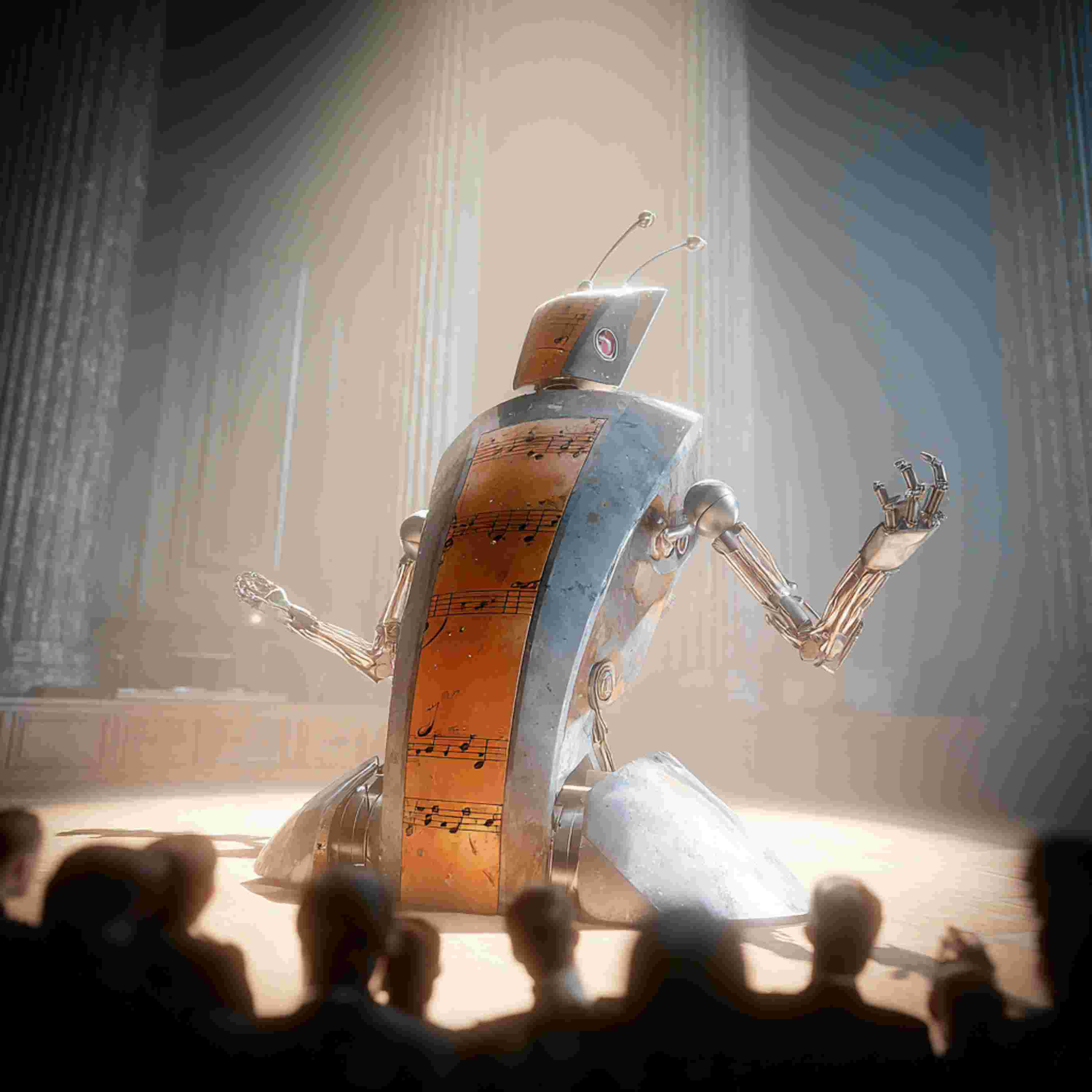

The first front in the music industry’s war against AI isn’t in the studio or on streaming platforms. It’s in the courtroom. Major rights holders, led by the RIAA, have filed lawsuits against generative music platforms like Suno and Udio, accusing them of “willful copyright infringement at an almost unimaginable scale.” The claim is straightforward: these systems train on vast libraries of copyrighted music without permission, and the resulting AI-generated tracks compete directly with human works. But the foundation for this legal push is far less stable than it might appear.
At the heart of the battle is the U.S. doctrine of fair use, a complex and often ambiguous legal concept meant to strike a balance between creative freedom and the protection of original works. AI developers argue that training on existing songs is “transformative,” not copying, but learning patterns in much the same way a human artist absorbs influences over a lifetime. They frame it as teaching a machine the grammar of music, enabling it to create something new. Rights holders counter that the process consumes entire compositions and that the outputs, even if novel, risk saturating the market, reducing licensing opportunities, and eroding the commercial value of human-made music.
The courts themselves are far from unified. In Andy Warhol Foundation v. Goldsmith, the U.S. Supreme Court narrowed the scope of what counts as “transformative” use, bolstering the argument that AI-generated works may serve the same commercial purpose as the originals. Yet other rulings have taken the opposite view, describing the use of copyrighted material in AI training as “quintessentially transformative.” The U.S. Copyright Office has added nuance but little clarity, noting that transformativeness is “a matter of degree” and questioning whether the analogy between AI learning and human learning is as straightforward as some claim.
This patchwork of legal interpretations leaves no clear path forward. Even if the RIAA scores a courtroom victory, the reality is that open-source AI models and decentralized development make the technology nearly impossible to contain. Once released, these models can be shared, modified, and deployed by anyone, anywhere, operating beyond the practical reach of most legal remedies. It’s the same dynamic the industry faced with Napster: shutting down a single company doesn’t stop the spread of the underlying capability.
For musicians, this uncertainty is more than just an abstract legal puzzle; it’s deeply personal. Our songs aren’t just content; they’re fragments of our lives and identities. The instinct to protect them is natural. But the blunt instrument of litigation may not be capable of stopping a technology that is already in the wild and evolving at breakneck speed. History shows that the law can slow technological change but rarely reverses it. As with past innovations, from digital sampling to peer-to-peer file sharing, the eventual outcome may be adaptation, not prohibition.
In the broader story of AI and music, this legal labyrinth is just one of several forces shaping an inevitable future. The real question may not be whether AI music can be stopped, but how artists, industry, and technology will learn to coexist in a creative landscape that refuses to stand still.